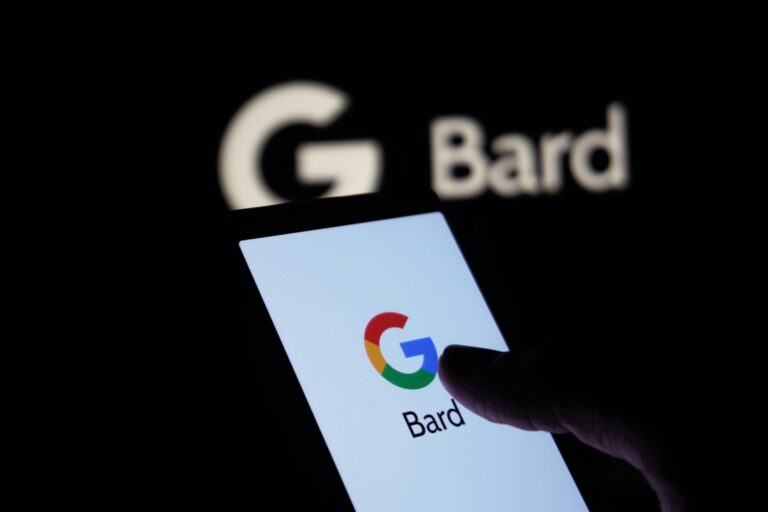The foundation of Bard’s continuous development consists of Appen’s contract workers, who will now need to find other employment.
Bard may have been designed by developers, but they are not the ones who educated Google’s artificial intelligence chatbot. Instead, Google entered into a contract with Appen, a company based in Australia that specializes in machine learning. The employees of Appen have been in charge of handling the training data and processes associated with the tool ever since it was first introduced; but, now that Bard has taken on a life of its own, they will need to find other employment situations. The contract that Google had with Appen has been canceled as part of the company’s efforts to “evaluate and adjust” its vendor arrangements.
The statement that was delivered to The Verge on Wednesday is the source of this latest information. According to a statement released by a Google spokesman, “Our decision to end the contract was made as part of our ongoing effort to evaluate and adjust many of our supplier partnerships across Alphabet in order to ensure that our vendor operations are as efficient as possible.” Meanwhile, Appen was unaware of Google’s decision to terminate the contract because he had “no prior knowledge of it.”
The staff of Appen are under contract with Google to oversee the training operations of Bard, evaluate the quality of the training data, and verify some of the responses provided by Bard. Additionally, they are accountable for evaluating the quality of the search results provided by Google. As a result of the lack of acknowledgment that they receive, these teams are frequently referred to as “ghost workers.” Even though their work makes it possible for some of Google’s most well-known tools to function in a dependable manner, the majority of the individuals who use those tools are unaware that they exist. In addition to that, they are paid wages lower than the poverty line.
It is well knowledge that Appen pays its employees only $10 to $12 AUD ($6.59 to $7.90 USD) per hour for up to 29 hours per week, despite the fact that the company had a revenue of $24.1 million and $25.9 million AUD ($15.8 million and $17 million USD) in November and December 2023. This income is not even close to being considered a livable wage, which in Australia begins at $14.9 AUD per hour for a single person who is employed full-time and does not have any children.
An employee of Appen stated to National Public Radio in the previous year, “We support billions of dollars of revenue.” “And we get paid less than your average fast food worker.”
Over the course of the past few months, employees at Appen who are members of the Alphabet Workers Union have been fighting for improved working conditions. During the summer of 2023, a small number of individuals approached Appen with a request to update their compensation to $15 per hour, clarify their management hierarchies, and increase their access to human services. This was the same amount that was paid out to other Alphabet contractors. In the end, Appen agreed to pay certain employees $14 per hour and others $14.50 per hour, but the company did not acknowledge the other requests the employees had made. Consequently, this resulted in the employees filing a complaint with the National Labor Relations Board regarding unfair labor practices. Appen terminated their employment as a result of this action, and then, some weeks later, he scrambled to rehire the same crew. On the other hand, it is not apparent whether the requests of the workers for a more favorable working environment will be satisfied.
For the time being, Appen, whose revenue is primarily dependent on Google contracts, will have to figure out what to do with its personnel that is dedicated to both Google search and Bard. After receiving a response from The Verge, a spokeswoman for Google stated that the Cupertino-based technology giant is collaborating with Appen to ensure that the termination of the contract is “as smooth as possible.”

